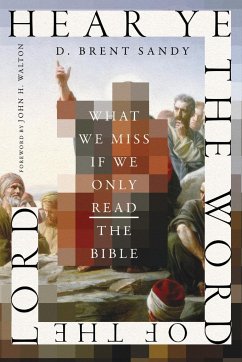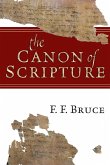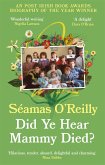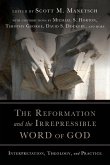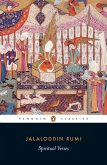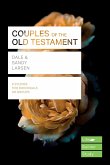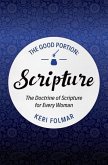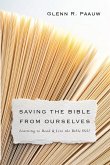In today's reading culture, it is easy to forget that we receive God's message far differently from how the original hearers would have heard it. D. Brent Sandy explores how oral communication shaped biblical writers and ancient hearers, and provides constructive ways for modern readers to be better hearers and performers of Scripture.
Hinweis: Dieser Artikel kann nur an eine deutsche Lieferadresse ausgeliefert werden.
Hinweis: Dieser Artikel kann nur an eine deutsche Lieferadresse ausgeliefert werden.

